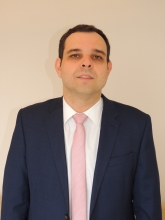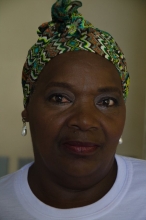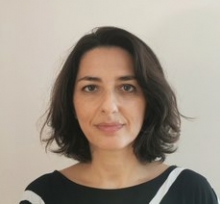On this page, we present insights on some of the main implications of our ten-country research, all commissioned from leading experts in these jurisdictions. These short, accessible pieces alert us to worrying developments, engage with thorny policy dilemmas, and shine a path to lasting change.
Throughout June 2021, over 20 specially commissioned pieces of content will be released, all dealing with specific aspects of over-incarceration.
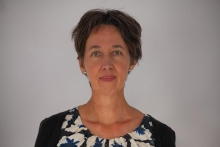
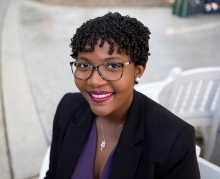
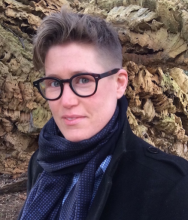
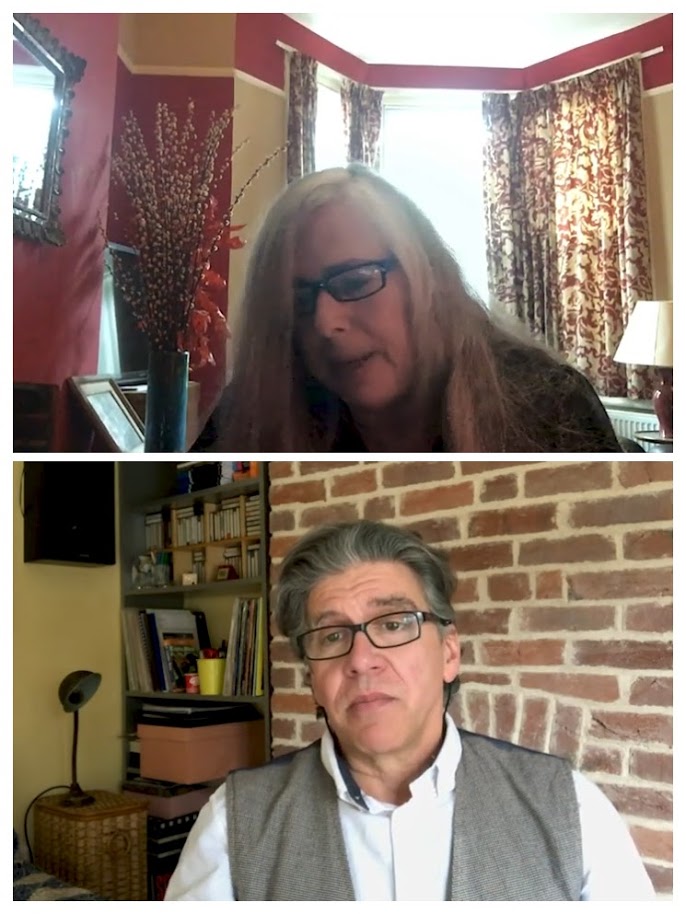 Dr Sharon Shalev, a world expert on solitary confinement, and prisons expert and activist Nuno Pontes (European Prison Observatory), discuss the meaning of solitary confinement and its psychological impacts.
Dr Sharon Shalev, a world expert on solitary confinement, and prisons expert and activist Nuno Pontes (European Prison Observatory), discuss the meaning of solitary confinement and its psychological impacts.
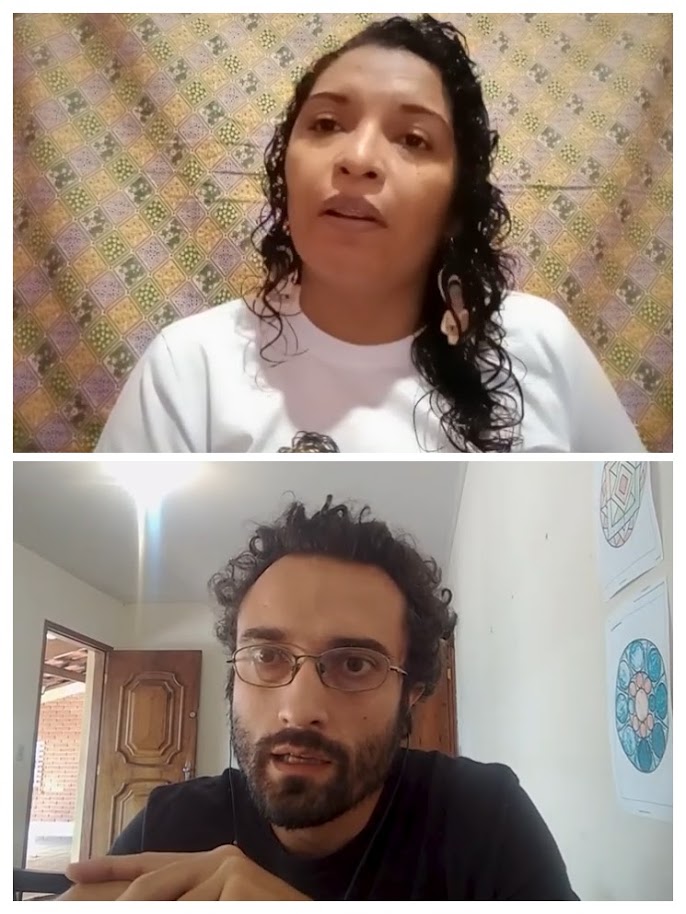 Realities on the ground are discussed by Rafael Godoi, a sociologist and researcher at Rio’s Universidade Federal (UFRJ), and Alessandra Félix, an activist from Brazil’s north-eastern state of Ceará, member of the group Vozes (‘Voices of mothers and relatives’) and of Brazil’s
Realities on the ground are discussed by Rafael Godoi, a sociologist and researcher at Rio’s Universidade Federal (UFRJ), and Alessandra Félix, an activist from Brazil’s north-eastern state of Ceará, member of the group Vozes (‘Voices of mothers and relatives’) and of Brazil’s 